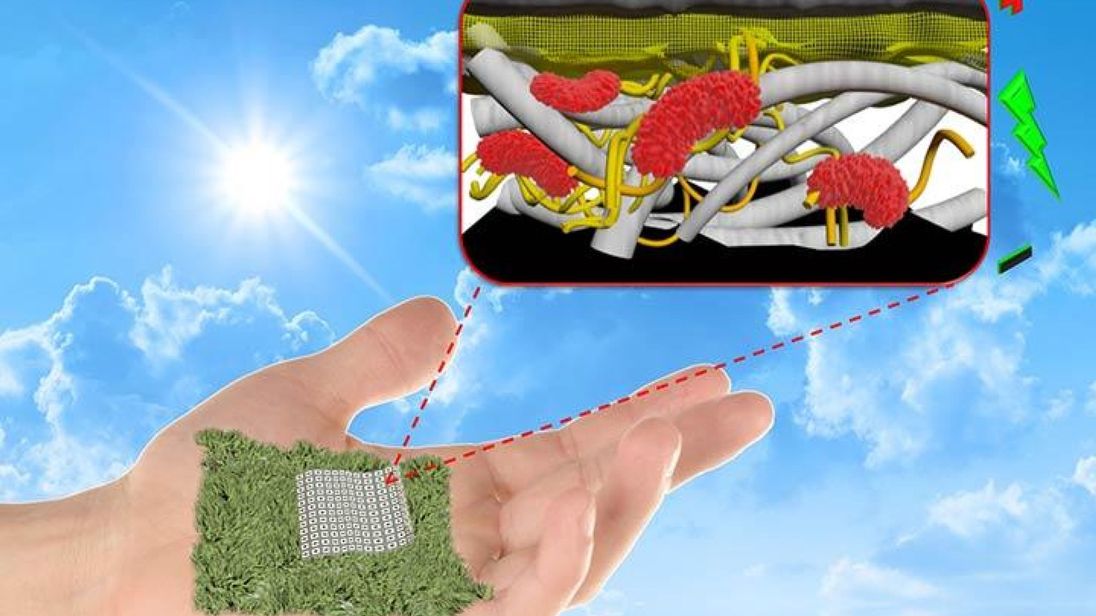
Nearly 20,000 tons of batteries containing potentially toxic or corrosive material are sent to landfill in the UK every year.
Scientists have created a biodegradable paper battery that could help reduce the thousands of tons of regular batteries that end up in landfill.
The prospect of eco-friendly, biodegradable batteries has been a source of excitement in the scientific community for the past few years.
Previous designs were never powerful enough, hard to produce and not entirely biodegradable, but the new design solves these problems and is more efficient than ever.
The battery itself is a hybrid “biobattery” that uses a mixture of paper and engineered polymers.
The polymers are the key to making the battery biodegradable, and mean it can break down in water without any special facilities or chemicals.
The batteries are lightweight, cheap and flexible, and it is their flexibility that is central to their success: the power of the battery can be improved by simply folding or stacking it.
According to the team behind the batteries – at Binghampton University, State University of New York – they are easy to produce, modify and configure.
Each year we dispose of billions of batteries around the world, all of which contain potentially toxic or corrosive materials.
In the UK alone, nearly 20,000 tons of batteries are sent to landfill every year.
While a high percentage of lead-acid batteries can now be recycled, those that do end up in landfill can provide a significant risk to local ecosystems.


